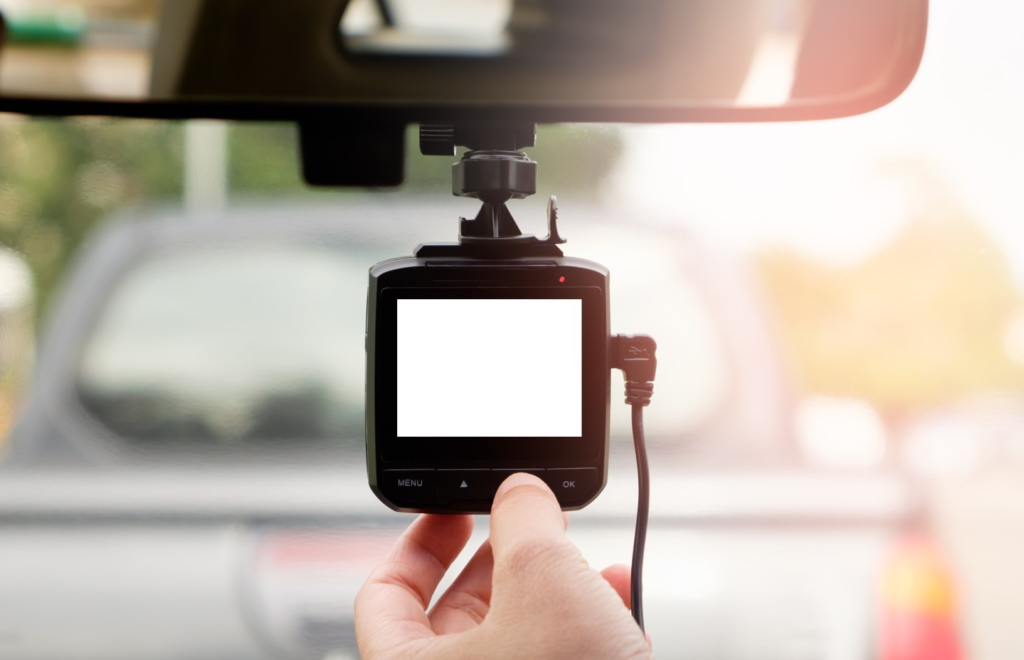In the modern age, vehicle maintenance has been a significant concern for commercial vehicle owners. Not only do fleet managers have difficulty determining the location of vehicles and drivers, but, at times, certain situations can lead to dangerous circumstances.
Consequently, consider having a device to address this essential issue, allowing you to maintain track of your vehicle when on the road and even when it is parked. A vehicle dash camera functions as a deterrent for drivers.
Any delays in consignment pick-up and drop-off, attempts to pilfer items through detours, overspeeding, and so on can be captured on the vehicle dash cams. As a result, this smart device helps prevent car misuse and traffic accidents.
Whether you are a commercial fleet manager or a car owner, dash cameras are important tools for vehicle maintenance and security because they can monitor your vehicle’s interior and exterior. In addition, recorded footage can be used to support insurance claims and legal proceedings in case of an accident or theft.
There are numerous advantages to installing dash cameras in your vehicles, ranging from monitoring the driver’s movements to ensuring the vehicle’s safety, as well as the safety of pedestrians and other motorists.
Let us look deeper into the significance of cameras in commercial vehicles.
What is a dash cam?
A dashboard camera, often known as a dashcam, is an onboard camera that automatically records the view from a driver’s front windshield, rear glass, or additional windows. It is also known as a driving recorder, event data recorder, or automobile digital video recorder (DVR). Some dash cams include an inside 360-degree recording camera, which is often shaped like a ball and can wirelessly broadcast images and recordings.
Commercial dashcams, for instance, have been increasingly popular over time. Dash cams may record every detail inside the vehicle and on the road. Using a dash cam in numerous situations provides numerous benefits for truck drivers. There are a few valid reasons not to include dash cams in your car fleet.
Dashcams are increasingly being used to assist authorities in apprehending crash-for-cash scammers, but they also offer a variety of other benefits. Every facet of business car insurance, from traffic accidents and parked vehicle accidents to the time it takes to file a complaint and the cost of your monthly premium, has become much more manageable and affordable. Driving would also improve because they are less prone to drive carelessly or dangerously.
Benefits of Commercial Vehicle Dash Cameras:
1. Helps Monitor Drivers
Dash cams allow you to effortlessly monitor your drivers. Some dash cameras are designed to capture only one aspect, but dual-view vehicle cameras with two camera lenses can record inside and outside the vehicle. With GPS tracking, you can ensure that drivers do not take work vehicles off-route or on personal errands. As a result, the dash cam installation method ensures that your drivers remain aware while driving and that your vehicle is well-maintained.
2. Improves Driver Behavior
Adding a video recording system immediately increases driver caution. Drivers commonly commit a variety of road violations, including reckless driving and chatting on mobile phones while driving. Installing car dash cams helps drivers keep track of their driving behavior, resulting in more regulated driving etiquette.
3. Provides Accident Evidence
One of the primary advantages of automobile dash cams is their high-resolution recording capability. For example, car collision footage could be used as evidence to acquire a clear picture of the unfortunate incident. Logistic companies frequently have difficulty in proving that their drivers are innocent. Commercial dash cams eliminate this problem. Every behavior is clearly recorded and may be replayed as needed, allowing your driver to avoid trouble.
4. Promoting Driver Training
Using dashcam footage allows fleet managers to improve and generate useful insights for coaching truck drivers. Every time a significant occurrence is captured on the dashcam, the essential film can be recorded and used by a fleet manager to train fleet drivers.
Based on the dashcam in use, which may also record the asset’s audio and real-time position, important feedback can be generated to increase driver safety and education. Certain dash cam apps also include features such as leaderboards and driver scorecards, which promote safe driving and improved driver education.
5. Improve Fleet Security
With developments in automotive security, most dash cams now have parked mode technology, activated when a vehicle is set in motion, regardless of whether it is parked. This function aids in detecting and preventing break-ins, acts of road damage, and other potentially criminal activities. Dashcams may quickly capture facts such as number plates, IDs, and assets, and the recorded film can be used by law enforcement and insurance organizations to aid transportation companies, particularly fleet operators.
6. Lower insurance claims and annual rates
When used in an evidence-based setting, dashcams can significantly shorten the time it takes to process insurance claims. With video-based proof, the insurance provider has more context to serve claims, which leads to faster resolutions. In today’s world, many insurance carriers provide annual premium discounts if the fleet operator installs dash cams on fleet vehicles, which promotes improved driving etiquette and improves overall fleet safety.
In the end!
Road accidents can occur for a variety of causes. For example, drivers can be distracted, weather conditions can impair road vision, and unanticipated hazards are constantly around the corner. Vehicle dash cameras allow commercial fleet owners to maintain track of their vehicles and protect their businesses from fraudulent claims made by reckless drivers. Furthermore, you can monitor driver behavior to ensure safe driving behaviors and reduce the likelihood of an accident occurring.





